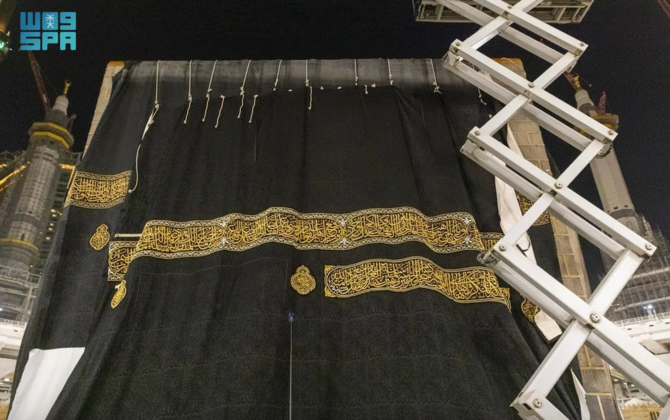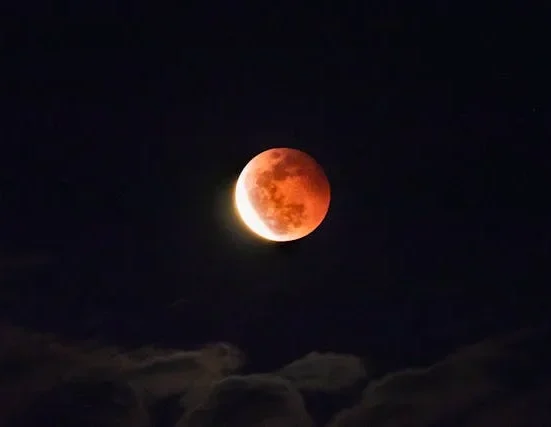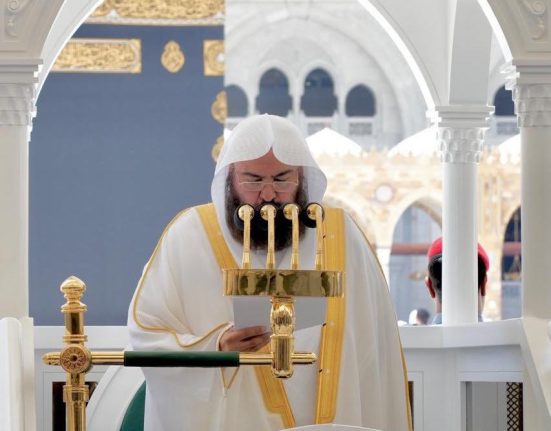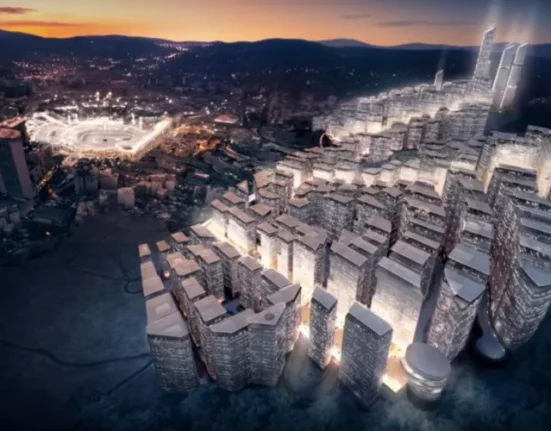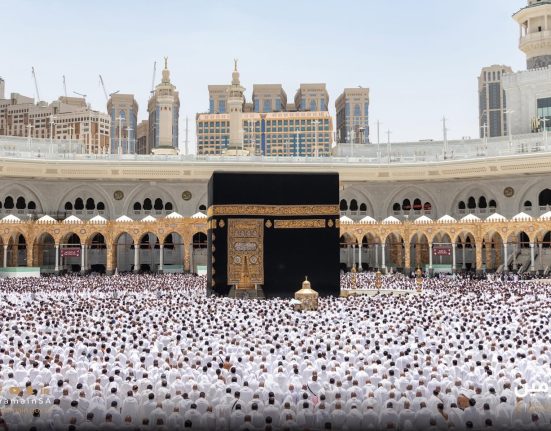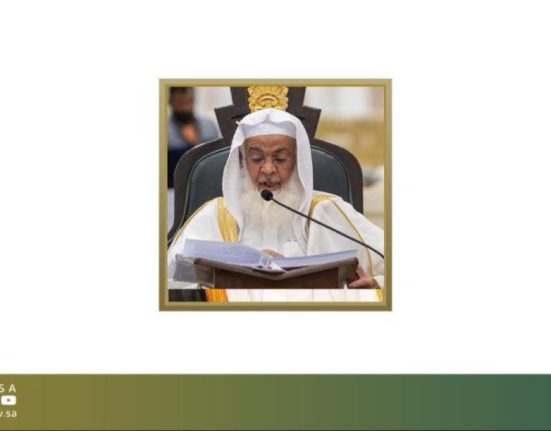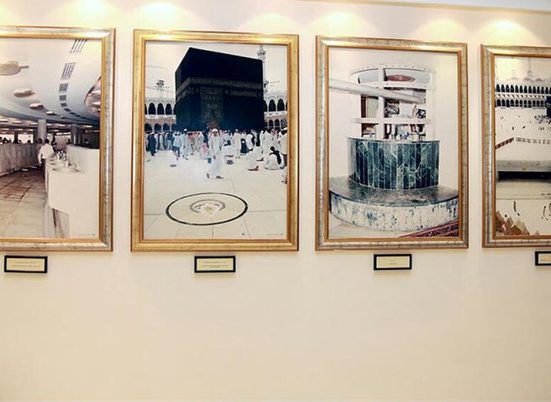In a solemn and historic event marking the start of the new Islamic year 1447 AH, the Deputy Emir of Makkah Region, Prince Saud bin Mishal bin Abdulaziz, acting on behalf of the Custodian of the Two Holy Mosques, officially handed over the new Kiswa, the revered black cloth that covers the Holy Kaaba, to the caretakers of Islam’s holiest site.
The handover ceremony, which took place in the sacred precincts of Makkah, signified a deeply symbolic tradition that occurs annually on the first day of Muharram, the first month in the Hijri calendar. The Kiswa replacement is a revered Islamic rite, carried out under the supervision of the General Presidency for the Affairs of the Two Holy Mosques. Prince Saud bin Mishal, representing King Salman bin Abdulaziz Al Saud, presented the new covering to the senior custodians responsible for the upkeep of the Kaaba, affirming Saudi Arabia’s continued commitment to preserving Islamic heritage and sacred rituals.
The Kiswa, which is manufactured at the King Abdulaziz Complex for the Manufacturing of the Kaaba’s Kiswa in Makkah, is a masterpiece of Islamic artistry and devotion. It is made from pure silk dyed black and embroidered with Quranic verses in gold-plated silver thread. The entire production process, from weaving to embroidery, is undertaken by skilled artisans, and it takes nearly a year to complete. Each year, over 700 kilograms of silk and around 120 kilograms of gold and silver threads are used to produce the cloth that covers the Kaaba.
This year’s handover was attended by key religious and administrative figures, emphasizing the significance of the ceremony to the global Muslim community. The ritual replacement of the Kiswa is a moment of great spiritual significance for millions of Muslims around the world, as it marks both a renewal of devotion and a continuation of centuries-old traditions dating back to the early days of Islam.
The Kiswa ceremony is not just a religious formality, but also a reflection of Saudi Arabia’s custodianship over the Two Holy Mosques — the Grand Mosque in Makkah and the Prophet’s Mosque in Madinah. Since the founding of the Kingdom, the Saudi leadership has made it a top priority to enhance services at the holy sites, facilitate pilgrimage, and preserve Islamic customs.
As pilgrims and residents gathered in reverence, the new Kiswa was seen as a symbol of continuity and faith, draping the Kaaba in fresh, intricately designed fabric as the Islamic world embraced a new year of spiritual reflection and unity.

